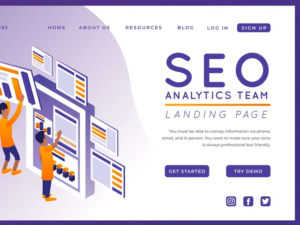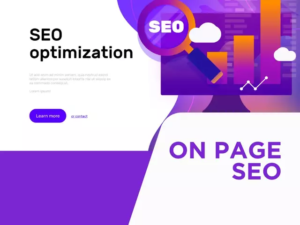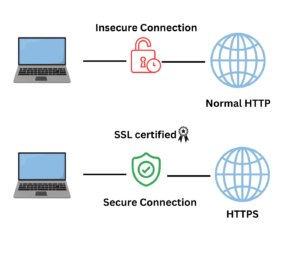Local SEO is a hyper-focused SEO strategy that uses the core elements of traditional SEO, but is targeted toward users that can visit a business’ physical location and make purchases.
In most cases, this is a strategy best implemented for small businesses and satellite stores of big enterprises. Local SEO only really needs to compete against local competitors, which make it more cost-effective and sustainable.
Additionally, Local SEO answers to the urgency raised by customers who are looking to make a purchase now. These are clients who are looking for nearby places that are reputable and have a stellar track record within the community.

What is Local SEO and How Does Local SEO Work?
Local SEO is simply optimising your website or brand so that it can rank higher in local search results. It is very similar to appearing in local newspapers back in the olden days. A business generally advertises in newspapers within the area of service in order to achieve relevant local results and inquiries.
For example, if you are opening a new restaurant in Brisbane, your focus will then be incorporating local instead of generic keywords into your prompts. This is so you can rank competitively when people search for food places in Brisbane.
The goal of Local SEO optimisation is to drive foot traffic and increase local customers.
As such, small businesses are often the ones who implement a full-on local SEO strategy.
If you need assistance on how to do Local SEO, we recommend Web9, an award-winning team of marketing experts in Brisbane. Their data-driven strategies will help you stay on track and properly target local SEO ranking factors.
What Makes Local SEO Unique?
Unlike traditional SEO, Local SEO is more targeted.
For one, it places a strong emphasis on local citations and customer reviews.
Citations are mentions of the business on other websites, online directories, and social media platforms, which help to build credibility and authority.
Reviews are also a marquee element of Local SEO, particularly the customer feedback seen in the Google business profile, Facebook, and online business directories. As such, you’ll also commonly see small businesses being more active in responding to these reviews and interacting with the customers in order to improve their local search rankings.
By showing up on the search engine results pages as well as Google Maps, this can help local sites increase business’ online presence and local search relevance.

Why is Local SEO Important for Small Businesses?
Local businesses, especially, small ones, will find more value in ranking for local keywords and optimising for local traffic. To put it simply, Local SEO is significantly cost-effective for this segment.
A lot of these businesses will find little value in general audiences unless they can sell and deliver products to them. Local SEO actively tries to reach out to customers who are ready to buy or at least inquire for more information after seeking location-based search results.
How to do Local SEO?
Listing the business in local directories is one of the first things you can do to cement your local SEO presence. Some platforms you may want to look at are Google Business Profile, Bing Places, Yelp, just to name a few.
Facebook and Instagram are also solid options, especially since many locals prefer these touchpoints. After setting up your profile, the next task is ramping up activity.
For starters, make sure to add accurate business information, including contact information and business hours. Take time to respond not only to happy customers, and online reviews but also to acknowledge negative feedback.
Find Local Keywords
If you already have a firm grasp of your local market, target audience, and what customers are searching for in relation to your product or service, then you can begin looking for patterns and signal in their search behaviour.
As a small business, it’s also crucial to focus on industry-related keywords to improve business visibility.
The last thing you want is to have a customer visit your page only to find out that the website isn’t relevant to their query.
This will likely add to your bounce rate, which will then negatively affect your rank in local searches.
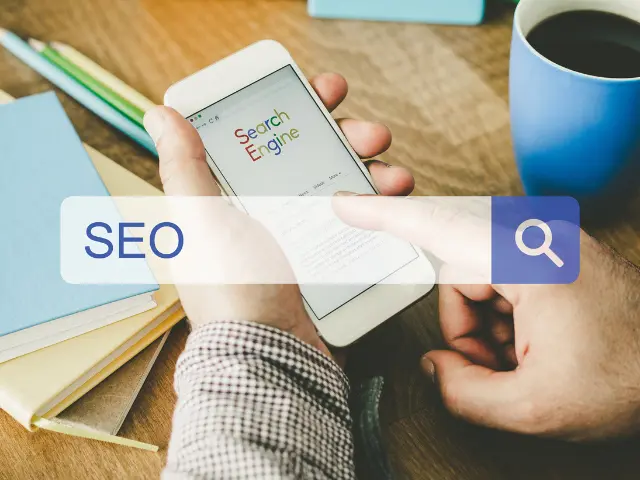
Claim and Optimise Your Google Business Profile
Your Google Business Profile improves your online presence when users search for your brand or business. Thus, it’s important to claim and optimise your Google Business Profile to generate more leads and add credibility to your online portfolio.
In addition, GMB has insights on how customers find your business, as well as the queries they use. These insights are invaluable and free.
Also, don’t forget to verify your location, which will help increase your search credibility. Be accurate in your business information so that Google Search can suggest your business to users who are searching nearby.
Build NAP Citations for Local SEO
NAP simply stands for address, name, and phone number.
Any time your business name, address, and phone number are mentioned online, a NAP citation is created. Having a NAP citation will help avoid inconsistencies when a third party attempts to share your information online.
To earn a citation, you can start by optimising the profile of your local business in the following platforms and listings:
- Business profile on review platforms
- Local business directory
- Social media profiles
- Events listings
- Local media mentions
- Press releases
- Industry award nominations
- Authored guest blog posts
If you have a brick-and-mortar location, make sure your online listings have the correct business name and contact details. It is very common to see a business move locations and end up having the wrong location or wrong phone number on directories.
Lastly, don’t forget to optimise your own website. Keep your business information accurate and easy to find.
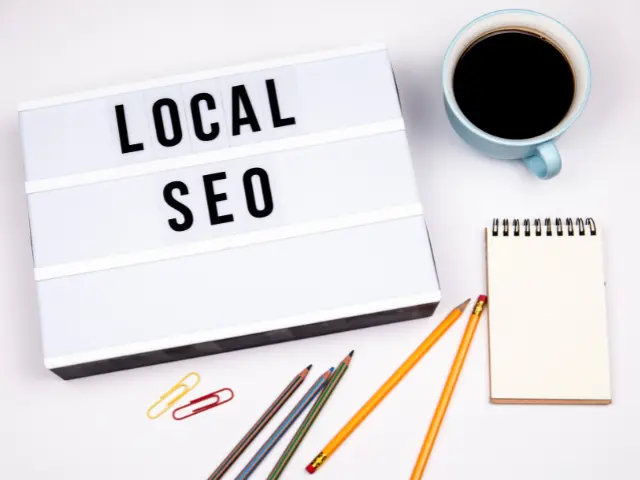
Create Content and Get Backlinks
Some of the richest backlinks you can get are from local guides, lists, and business directories. You can also have links from social media and events.
If you can, try to work with local influencers or bloggers to earn authority links from established entities in your locale. Even better, you can create unique content about your product or a behind-the-scenes video that can be shareable on social media.
Optimise URL, Title, Header, and Meta Descriptions
Instead of generic metadata, add the location of your business in URLs, title tags, meta descriptions, and headers. Don’t forget to observe other existing SEO metadata guidelines to ensure your input translates well in search results.
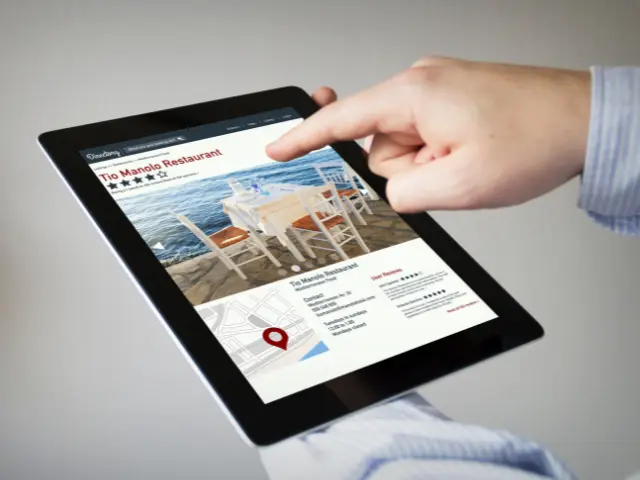
Hire a Local SEO Expert So That Your Business Gets Discovered in Your Community
Local SEO is from the same mould of SEO that we’ve known for years—except we’re following a different pattern. In this case, it’s more about optimising for a specific geographical location and the consumers nearby.
Local SEO is also not new either, although, it’s become more relevant nowadays since more people are using mobile phones to access the internet and shop for local products.
If you’re new to marketing your business online, these concepts can all be challenging to take in. And even if you find the time, knowing what to focus on to make your efforts as efficient and as effective as possible is not a straightforward task.
In that case, what you can do is engage our SEO and content marketing expert to set up and run your Local SEO campaign. Contact us at Web9 for a free site audit. We can discuss our findings and come up with a marketing strategy that works for your local business.



